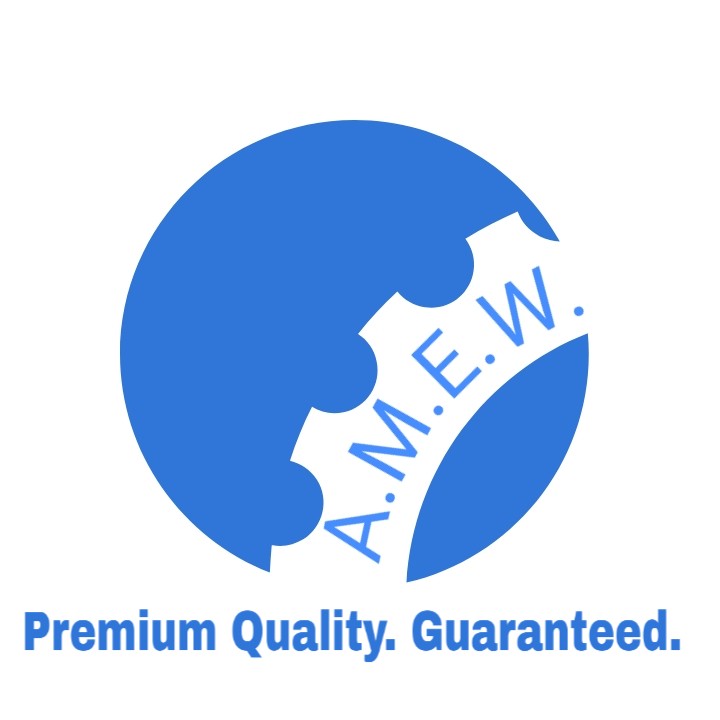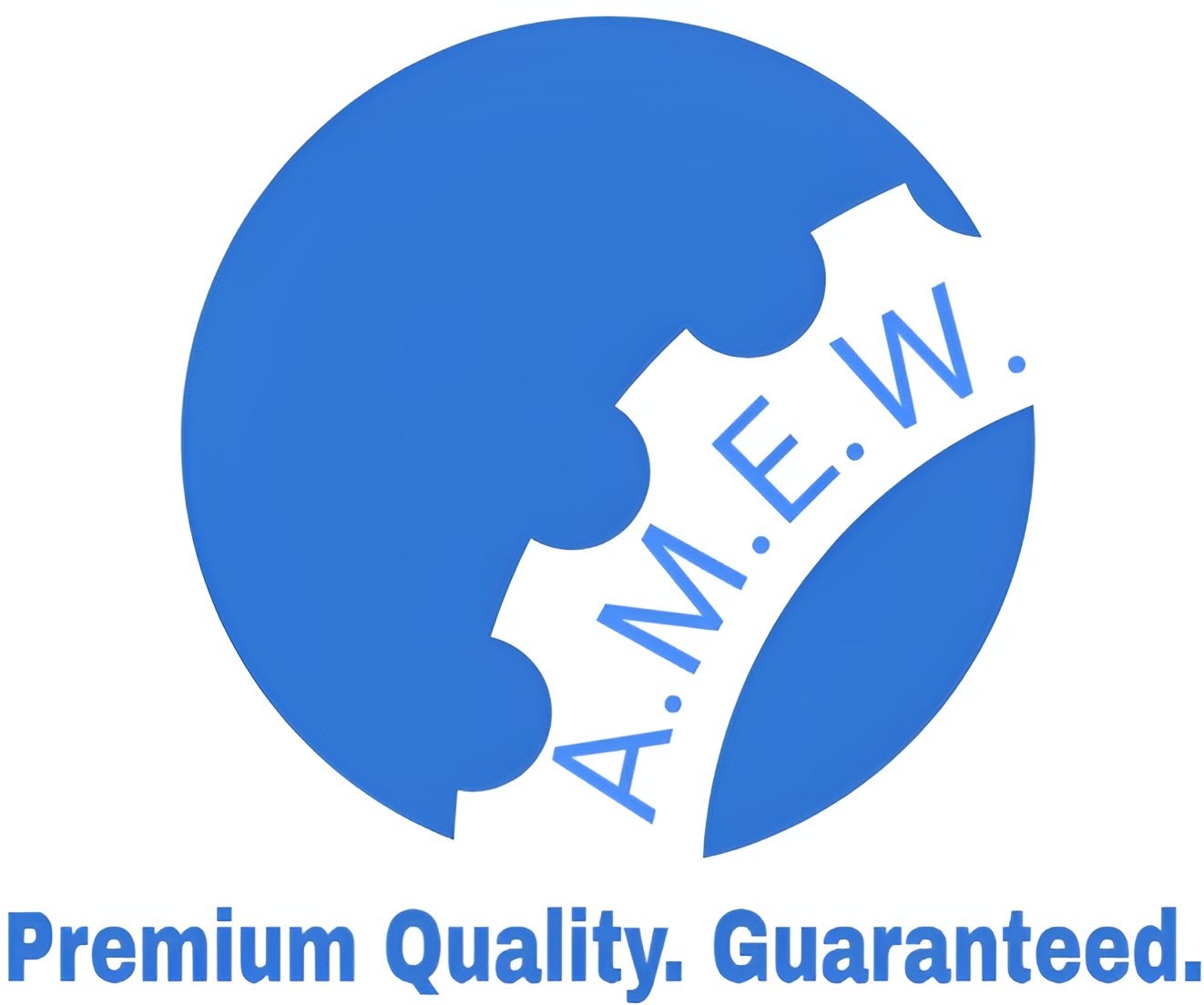ASTM Standard Manufacturer and Supplier in Tamil Nadu
ASTM Standards for Precision Steel Pipes
The ASTM (American Society for Testing and Materials) standards are widely recognized and used across industries globally for specifying the quality, safety, and performance requirements of various materials, including precision steel pipes. ASTM standards ensure that steel pipes meet rigorous requirements for dimensions, mechanical properties, and testing, ensuring consistency in production and application.
Below is a detailed overview of the key ASTM standards applicable to precision steel pipes:
ASTM Standards for Precision Steel Pipes
| Standard Number | Title/Description | Scope/Application |
|---|---|---|
| ASTM A519 | Seamless Carbon and Alloy Steel Mechanical Tubing | Covers both hot-finished and cold-finished seamless precision steel tubes used in mechanical and general engineering applications. |
| ASTM A513 | Electric-Resistance-Welded Carbon and Alloy Steel Mechanical Tubing | Provides specifications for electric-resistance-welded (ERW) precision steel tubes used in mechanical engineering, automotive components, and structural applications. |
| ASTM A106 | Seamless Carbon Steel Pipe for High-Temperature Service | Covers seamless carbon steel pipes used in high-temperature applications such as boilers, heat exchangers, and pressure vessels. |
| ASTM A500 | Cold-Formed Welded and Seamless Carbon Steel Structural Tubing | Specifies cold-formed welded and seamless carbon steel pipes used in structural applications, often in construction and engineering. |
| ASTM A178 | Electric-Resistance-Welded Carbon Steel and Carbon-Manganese Steel Boiler and Superheater Tubes | Used in applications where heat transfer, such as in boilers, superheaters, and heat exchangers, is essential. |
| ASTM A334 | Seamless and Welded Carbon and Alloy-Steel Tubes for Low-Temperature Service | Specifies low-temperature service precision steel tubes, ideal for use in cold environments or refrigerated settings. |
| ASTM A179 | Seamless Cold-Drawn Low-Carbon Steel Heat-Exchanger and Condenser Tubes | Covers seamless, cold-drawn precision steel tubes used in heat exchangers and condensers, ensuring high performance under extreme temperatures. |
| ASTM A213 | Seamless Ferritic and Austenitic Alloy-Steel Boiler, Superheater, and Heat-Exchanger Tubes | Specifies seamless alloy steel pipes used for high-pressure and high-temperature service, such as in power plants. |
| ASTM A333 | Seamless and Welded Steel Pipe for Low-Temperature Service | Used for low-temperature applications in industries such as oil and gas, petrochemical, and refrigeration. |
| ASTM A249 | Welded Austenitic Steel Boiler, Superheater, Heat-Exchanger, and Condenser Tubes | Provides standards for welded precision steel pipes, focusing on corrosion resistance and heat tolerance for critical applications. |
| ASTM A252 | Welded and Seamless Steel Pipe Piles | Covers welded and seamless precision steel pipes used as piling in construction and structural engineering projects. |
| ASTM A672 | Electric-Fusion-Welded Steel Pipe for High-Pressure Service at Moderate Temperatures | Specifies electric-fusion-welded precision steel pipes used for high-pressure and moderate-temperature service, often in chemical processing and power generation. |
Key Aspects Covered in ASTM Standards
- Dimensional Accuracy: ASTM standards ensure precision steel pipes are produced to exact dimensions, with specified tolerances for outer diameter, wall thickness, and length, which are crucial in applications like hydraulic systems and automotive parts.
- Mechanical Properties: These standards provide guidelines for yield strength, tensile strength, elongation, and hardness. Each grade of steel must meet specific mechanical requirements to ensure durability, strength, and performance in demanding applications.
- Material Grades: ASTM standards define different grades of carbon steel, alloy steel, and stainless steel based on their chemical composition. The right grade is selected based on the intended application, whether it requires corrosion resistance, heat resistance, or high strength.
- Surface Quality: ASTM standards also emphasize the surface finish of precision steel pipes, which is critical for applications such as hydraulic cylinders, where smooth surfaces reduce friction and wear.
- Heat Treatment: For pipes used in high-temperature environments (e.g., boilers, heat exchangers), ASTM standards provide guidelines for heat treatment processes such as annealing, normalizing, and quenching to enhance mechanical properties and ensure stability.
- Corrosion Resistance: Many ASTM standards focus on corrosion resistance, especially in applications where pipes are exposed to aggressive environments. The standards specify coating processes or material compositions (like stainless steel) that improve the pipe’s longevity.
- Testing Requirements: ASTM standards require various tests, including tensile tests, impact tests, flattening tests, and hydrostatic tests, to verify the integrity and performance of precision steel pipes. Non-destructive testing (NDT) methods like ultrasonic testing are also used to ensure quality.
Applications of Precision Steel Pipes as per ASTM Standards
- Automotive Industry: ASTM-compliant precision steel pipes are widely used in the automotive sector for components such as fuel lines, exhaust systems, brake systems, and steering columns. Their high dimensional accuracy ensures reliability and safety.
- Hydraulic and Pneumatic Systems: Precision steel tubes conforming to ASTM standards are used in hydraulic cylinders, pumps, and pneumatic systems where tight tolerances and smooth surfaces are required for efficient fluid transfer.
- Power Generation and Energy: ASTM standards cover heat-resistant and high-pressure steel pipes used in boilers, heat exchangers, and superheaters in power plants and energy systems, ensuring they can withstand high temperatures and pressures.
- Construction and Structural Engineering: Precision steel pipes made according to ASTM standards are essential in structural applications, such as steel piling, bridges, and building frameworks. These pipes provide structural integrity and strength.
- Oil and Gas Industry: ASTM standards specify seamless and welded steel pipes that are used for pipeline construction and in refineries, where the pipes must withstand high pressure, temperature variations, and corrosive environments.
- Chemical and Petrochemical Industry: Precision steel pipes as per ASTM standards are used in chemical processing plants where they are exposed to aggressive chemicals, high temperatures, and high pressures.
- Refrigeration and Low-Temperature Service: ASTM standards also include pipes for low-temperature service, ensuring that materials maintain their mechanical properties even in extremely cold conditions, such as in refrigeration units and cryogenic applications.
Showing 1–16 of 21 results
-
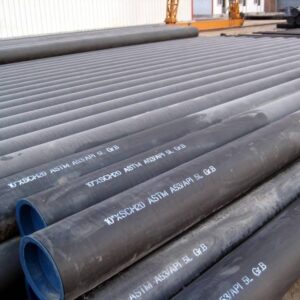
ASTM A106 Grade B Pipe
Read more -

ASTM A106 Grade C Pipe
Read more -

ASTM A120 Black Steel Pipe
Read more -
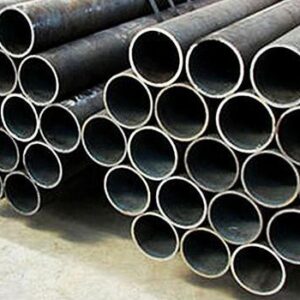
ASTM A210 Grade A1 Boiler Tube
Read more -
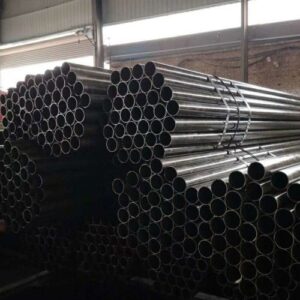
ASTM A333 Grade 1 Pipe
Read more -

ASTM A333 Grade 6 Pipe
Read more -

ASTM A334 GR.1 Carbon Steel Tube
Read more -

ASTM A519 Grade 1018 Steel Tubing
Read more -

ASTM A519 Grade 1026 Steel Tubing
Read more -

ASTM A519 Grade 4130 Steel Tubing
Read more -

ASTM A519 Grade 4140 Steel Tubing
Read more -

ASTM A53 Grade B Pipe
Read more -

ASTM A671 CC60 EFW Pipe
Read more -

ASTM A671 CC65 EFW Pipe
Read more -

ASTM A671 Pipe
Read more -

ASTM A672 C65 EFW Pipe
Read more
